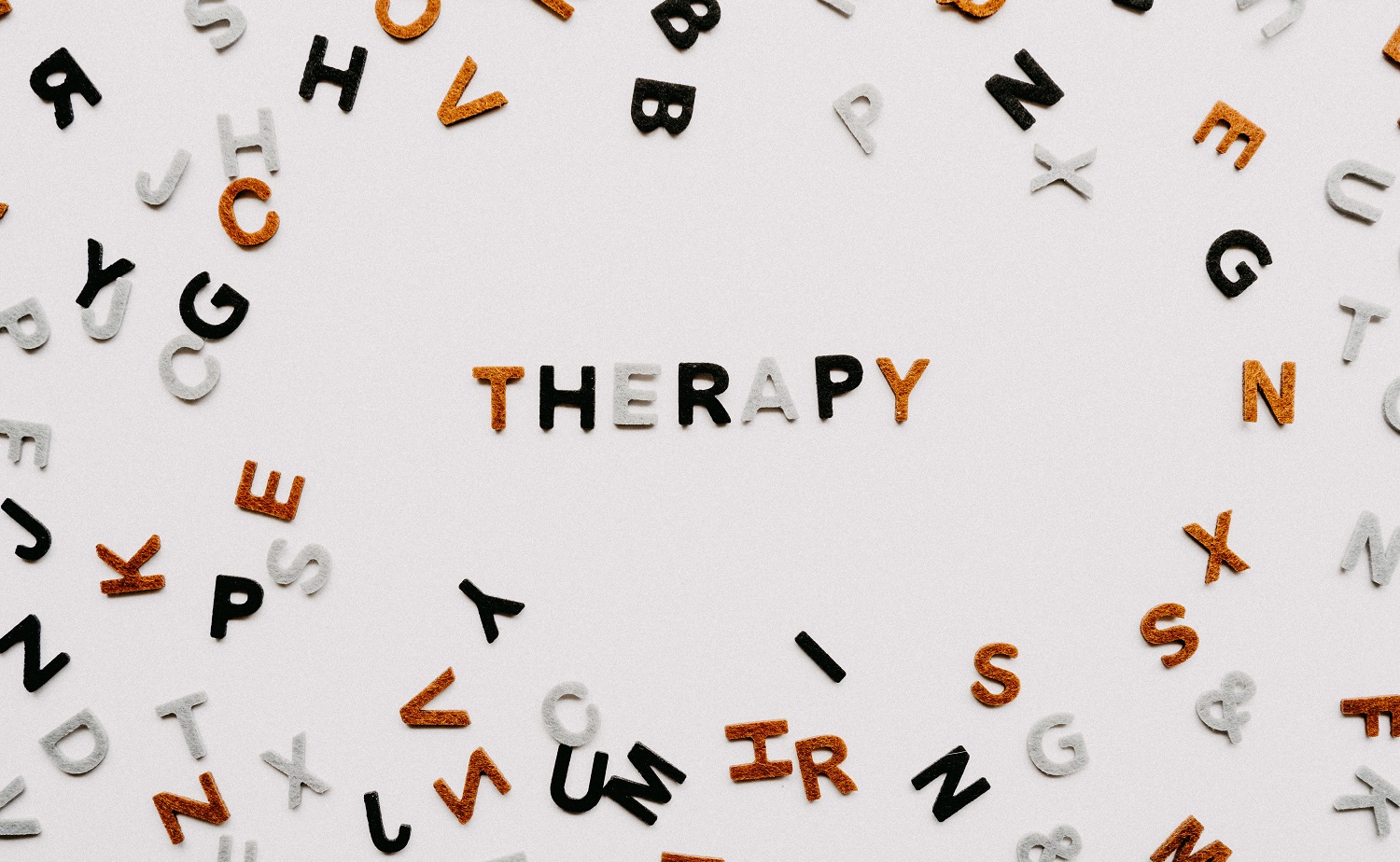Perhaps you have been struggling with stress, relationship issues or a troublesome habit, and you’re thinking of seeking professional help. A psychotherapist or counselor can help you to change a negative thinking pattern or equip you with productive methods to overcome distress or unhealthy behaviour patterns.
Working with the right psychotherapist or counselor is key for your recovery. In fact, the ‘right therapist’ may look different for different people. Together with psychologist Samantha Tay, we share some tips on how to choose a therapist that is right for you.
How to choose the right mental health psychotherapist or counselor
Look for relevant experience in the issue you’re facing
Remember you are looking for an expert who can understand your problem in-depth and offer an effective solution. Have an idea on the type of issues you’re hoping to seek help for. For example, interpersonal or family relationship issues, addiction (such as substance abuse or sexual addiction), dealing with a loss (loss of material things or a close person), or even just learning how to cope with stress from work.
Once you are clearer on the issue you would like to tackle, look for a psychotherapist who is well versed in the area you’re seeking help in.
Psychotherapists are skilled differently and have a range of various professional experience. Some focus on treating mental health issues stemming from family and personal relationships while others specialise in the treatment of people with similar experiences such as stigma due to a disability, sexual orientation or illness.
Additionally, some psychotherapists work with clients within particular age ranges, such as children, adolescents, young adults or elderly.
This helps you to narrow down your search, so that you can look for someone who specialises in your area of concern.
Your preference plays a role
Being comfortable with your therapist is one of the biggest success factors of your treatment. As such, you should find someone you’re willing and comfortable to open up to.
For instance, if you don’t feel as comfortable with the opposite gender, you might consider engaging a psychotherapist from the same gender as you. Other factors that may be useful to consider are language preferences and age group, as these could affect your ability to communicate with your therapist.
If such preferences make you comfortable with the person you’ll be working with, then take them into consideration when searching for an ideal psychotherapist.
The credentials of the expert
If there’s a possibility that you’ll need a medical prescription, then you should look for a psychotherapist with credentials that allow them to do that. In such a case, a psychiatrist will be of help.
On the other hand, if you don’t think you’ll require medication, a licensed counselor, a psychologist or a clinical social worker will also be good options.
What questions should I expect when I see a therapist?
Once you’ve identified the best therapist to engage, the next thing is to book a session with them. While waiting for your first session, here are some common questions that you can get ready for in your first meeting with your therapist.
- Why are you looking for therapy?
- What are you expecting from therapy?
- What goals do you want to achieve through therapy?
- Have you ever attended similar therapy sessions before? If yes, how was your experience?
- How is your social and family support systems?
- What are your strengths and weaknesses?
All these questions are aimed at helping the therapist understand you better, to determine if they have what it takes to help you achieve your therapy goals.
If you’re seeking professional help, speak to a mental health expert over the DA app. Each session is 1 hour long, held entirely over video-call from the privacy of your home.
Written in collaboration with Samantha Tay







